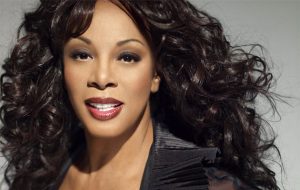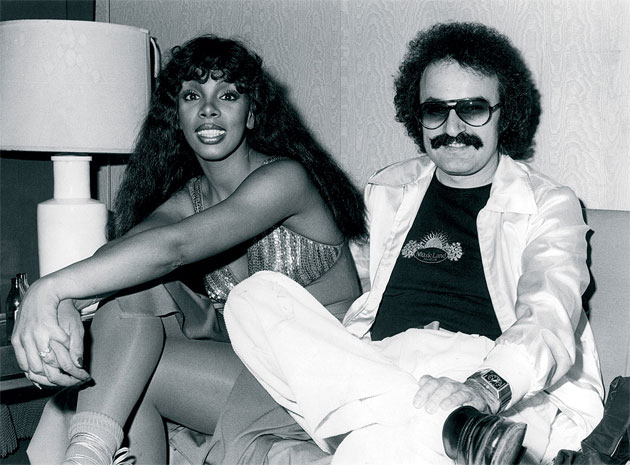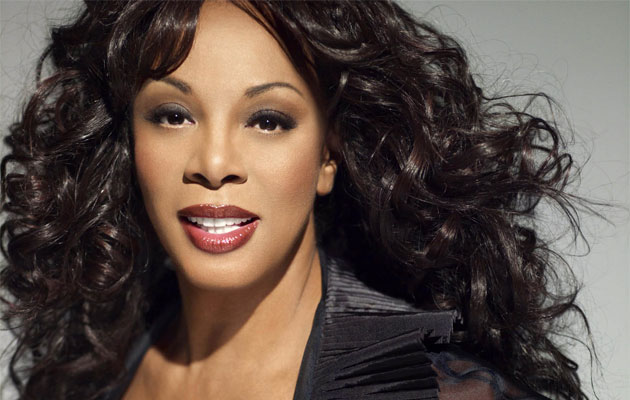 By now, you’re aware that Donna Summer passed away on May 17. Since her passing, radio stations have upped the play of her songs, and Billboard predicted that Summer’s albums will sell 20,000 to 40,000 units by the end of this week.
By now, you’re aware that Donna Summer passed away on May 17. Since her passing, radio stations have upped the play of her songs, and Billboard predicted that Summer’s albums will sell 20,000 to 40,000 units by the end of this week.
But while radio stations are paying tribute and listeners revisiting Summer’s back catalog, the disco diva’s passing draws attention to her undeniable influence on electronic dance music. While best known for her disco records, the singer dabbled with various genres, transitioning to a new wave, rock-influenced sound in the 1980s, and continued to put out albums until recently, with the last studio release being 2008’s Crayons. Summer was also rumored to be working on a new album at the time of her death.
But, even though the singer had a decades-long, genre-spanning career, Summer’s partnership with producer Giorgio Moroder is, perhaps, one of the defining moments of electronic music. Disco’s combination of beats, strings, horns, and synths significantly impacted, whether directly or indirectly, every electronic artist from burgeoning house music DJs and New Order in the ‘80s to modern producers, like Calvin Harris and Avicii, revisiting those same sounds. But, while disco inspired synthpop musicians to tinker around with synthesizers, samplers, and sequencers and the house producers to remix hits from the 1970s, where do Summer and Moroder fit into the modern electronic music landscape?
A listen to Summer’s “I Feel Love” (later covered by Bronski Beat and Marc Almond) reveals a rough template for electronic music, both sound- and relationship-wise. Moroder’s production is the backbone of “I Feel Love,” with its winding and pulsating sequencer line setting a template for practically every electronic subgenre from this point on. The track, with its absence of traditional disco instrumentation, is essentially a transition from the 1970s dance floor to the experimental ‘80s. Moroder’s production, as well, could be ahead of its time, electronics-wise. If you listen to the Bronski Beat-Marc Almond cover, the beat, practically borrowed from the original, does not sound like a disco-era artifact.

Summer’s voice floats atop like a descant, contrasting from Moroder’s robotic production. And, this juxtaposition frames many electronic tracks up until the present. Although the melodic element of electronic production has made significant strides since Moroder’s days, many EDM producers, regardless of subgenre, maintain such a ratio within their music: repetitive beats and sequences are softened by the vocals of a dance diva.
Production aside, the professional relationship between Summer and Moroder foreshadows the modern-day DJ and dance diva; rather than simply support a singer, the DJ crafts a line that gets the crowd out to the floor, and the singer complements that with strong or ethereal vocals. Consider nearly any David Guetta track or similar collaborative effort. While many house, electro, dubstep, and trance tracks do not require a vocal line, having one certainly doesn’t hurt.
Disco is the source of modern-day EDM, and Summer with Moroder was one of its key players. As listeners of EDM, how do you think Donna Summer influenced the genre?




